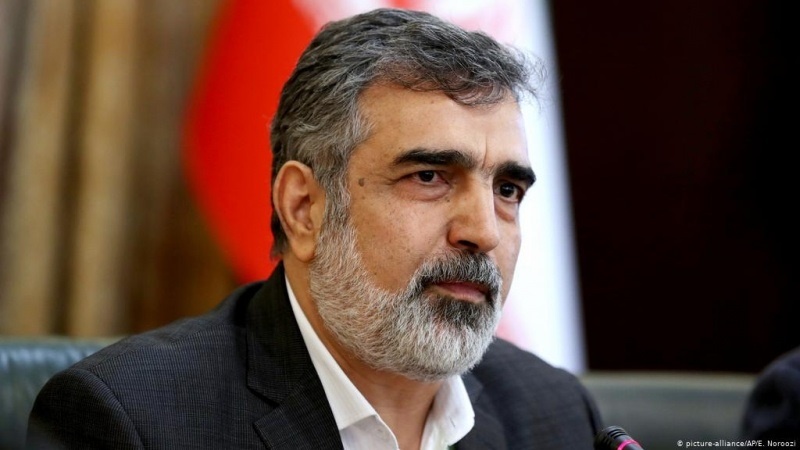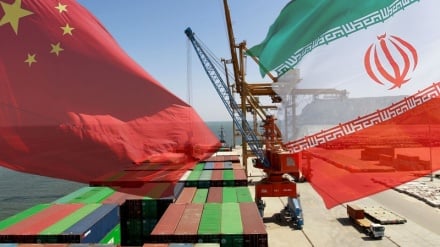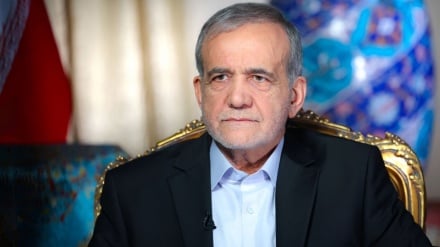Iran set to cold test redesigned Arak heavy water reactor soon
The Atomic Energy Organization of Iran (AEOI) says the country plans to cold test the redesigned version of the Arak heavy water reactor shortly before it becomes fully functional, as Tehran steps up its counter-measures against America’s withdrawal from a multilateral nuclear deal with the Islamic Republic.
According to Press TV, in a statement to Iranian media on Friday, Behrouz Kamalvandi, the AEOI’s spokesman, elaborated on the retaliatory measures that the nuclear organization plans to take in the aftermath of Washington’s May 2018 withdrawal from the Iran deal, formally named the Joint Comprehensive Plan of Action (JCPOA).
“Enrichment [of uranium] is among the AEOI’s most important activities, but the organization is actively at work in other sectors as well. Enrichment may have come under the spotlight due to political issues, but work is well under way in other sectors as well,” he said.
Among those plans, Kamalvandi referred to the project of redesigning and upgrading Iran’s Arak heavy water and said there would be a cold test of the redesigned reactor in the early months of the new Persian calendar year, which will begin on March 20.
This, he added, “will be prelude to its full commissioning a year later. This means we have fulfilled a range of required tasks in the fields of fuel, storage, and etc.”
“Following America’s withdrawal, the work on redesigning the Arak reactor slowed down, but the Chinese continued [the job,] and we ourselves, besides the Chinese, tried to advance the project since Iran is the main entrepreneur after all,” Kamalvandin explained.
He said Iran has learned from experience with the manufacturing of the reactor’s previous version.
‘IAEA cooperation with Iran not satisfactory’
Kamalvandi was also asked about the quality of Iran-IAEA cooperation since May 2019, when Iran resorted to Article 36 of the JCPOA, which allows a party to suspend parts of its contractual commitments in case of the other sides’ non-compliance.
“Although the Agency should act as a technical body, it is influenced by the political pressure that some countries exert on it,” Kamalvandi said. “The reports it has issued so far have failed to be unbiased. We have protested many times.”
The nuclear official added that the IAEA is obligated, under the Safeguards Agreements, to protect the data of its member states, but it fails to do so.
Elsewhere, Kamalvandi criticized the administration of US President Joe Biden for refusing to end the so-called maximum pressure campaign against Iran initiated by ex-president Donald Trump.
“The perception of the ruling [Democratic] party in America is that it can once again put pressure on Iran, but if they are wise enough, they have to do a calculation and see what all the pressure exerted by Trump brought about,” Kamalvandi.
He added, “They may be thinking that Iran is in a position of weakness and that may have been the reason why they are prolonging the [nuclear] issue. Nevertheless, it is certain to us that are position is righteous and the future is guaranteed for us.”
SS



